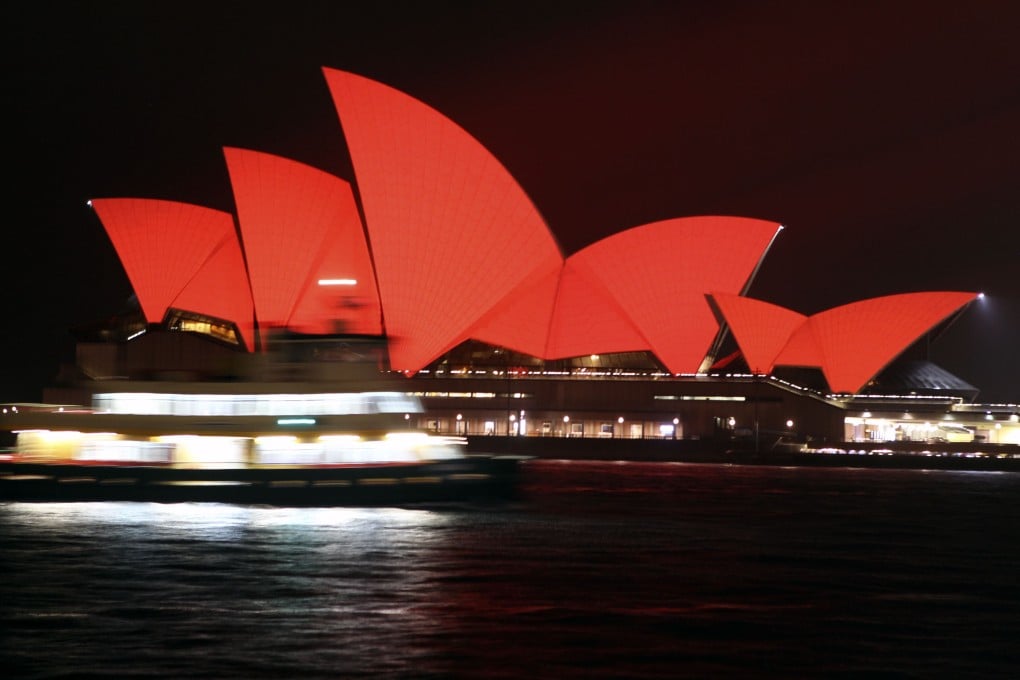Advertisement
‘Vilified for my culture’: why are Chinese-Australians having their national loyalty questioned?
- As relations between Canberra and Beijing head south, Australians with Chinese heritage say they are being shamed, and that this is rooted in racism
- Some suspect the influence of an increasingly outspoken defence-security-intelligence league that is fast dominating public discourse
Reading Time:11 minutes
Why you can trust SCMP
27

City of Sydney councillor Robert Kok has been responsible for organising the city’s Lunar New Year festival for the past 12 years, and to his pride it has gone from a humble street exhibition to an international event attracting hundreds of thousands of tourists annually, making it one of the biggest such celebrations outside China.
Getting the support of Asian community groups in Sydney and promoting it throughout the Asia-Pacific region has been key to the festival’s success, greatly boosting tourism and revenue for the city.
But in August this year, at a time when anti-China sentiments in Australia were at an all-time high, the Malaysian-born Kok found himself the subject of an article on the website of national broadcaster Australian Broadcasting Corporation (ABC) titled “City of Sydney councillor Robert Kok advising ‘pro-Beijing’ group linked to the Chinese Communist Party”.
Advertisement
The article pointed to Kok’s appointment as an adviser to the Australian Council for the Promotion of Peaceful Reunification of China (ACPPRC).

02:48
Coronavirus: Asian actors hit back at anti-asian racism
Coronavirus: Asian actors hit back at anti-asian racism
Kok’s three-year tenure with the ACPPRC ended at the end of 2018. Kok’s case, and others like it, highlight how there are increasing reports by mainstream media outlets, politicians and others about Australians purportedly working as Chinese agents at the behest of Beijing, with no proof that they actually do.
Advertisement
In the eyes of some analysts, this is an outcome of deteriorating relations between Australia and China and an increasingly outspoken Australian defence-security-intelligence league that is fast dominating public discourse about national security threats.
Advertisement
Select Voice
Select Speed
1.00x